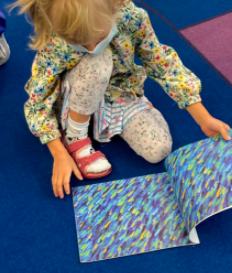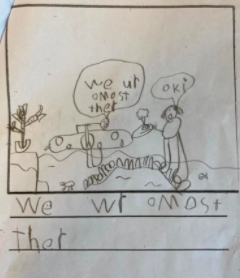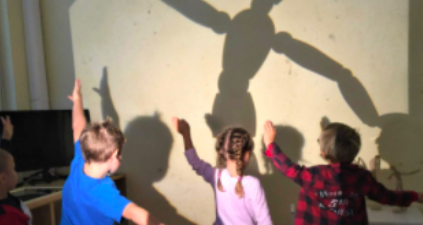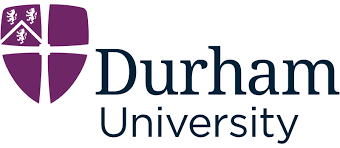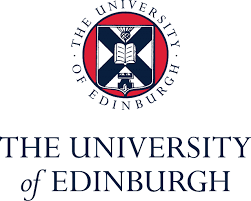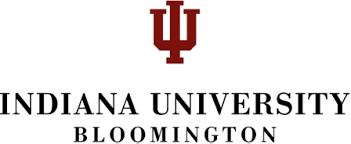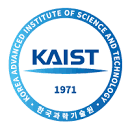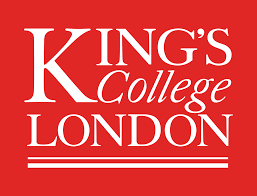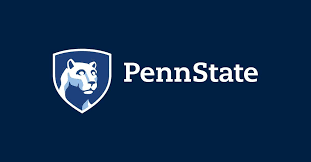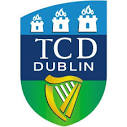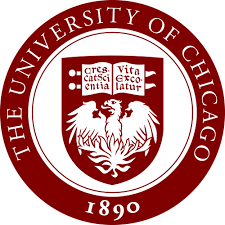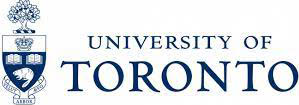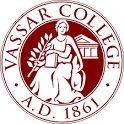By Kathy Zabinski
Oral language, speaking and listening, is an important foundation for learning to read and write. Understanding this, the International School of Prague’s Early Childhood Foundation’s program provides young children with both informal and structured opportunities to grow as speakers and listeners. Children build their vocabulary, begin to internalize sentence structures and develop listening skills to build social connections and to learn new information.
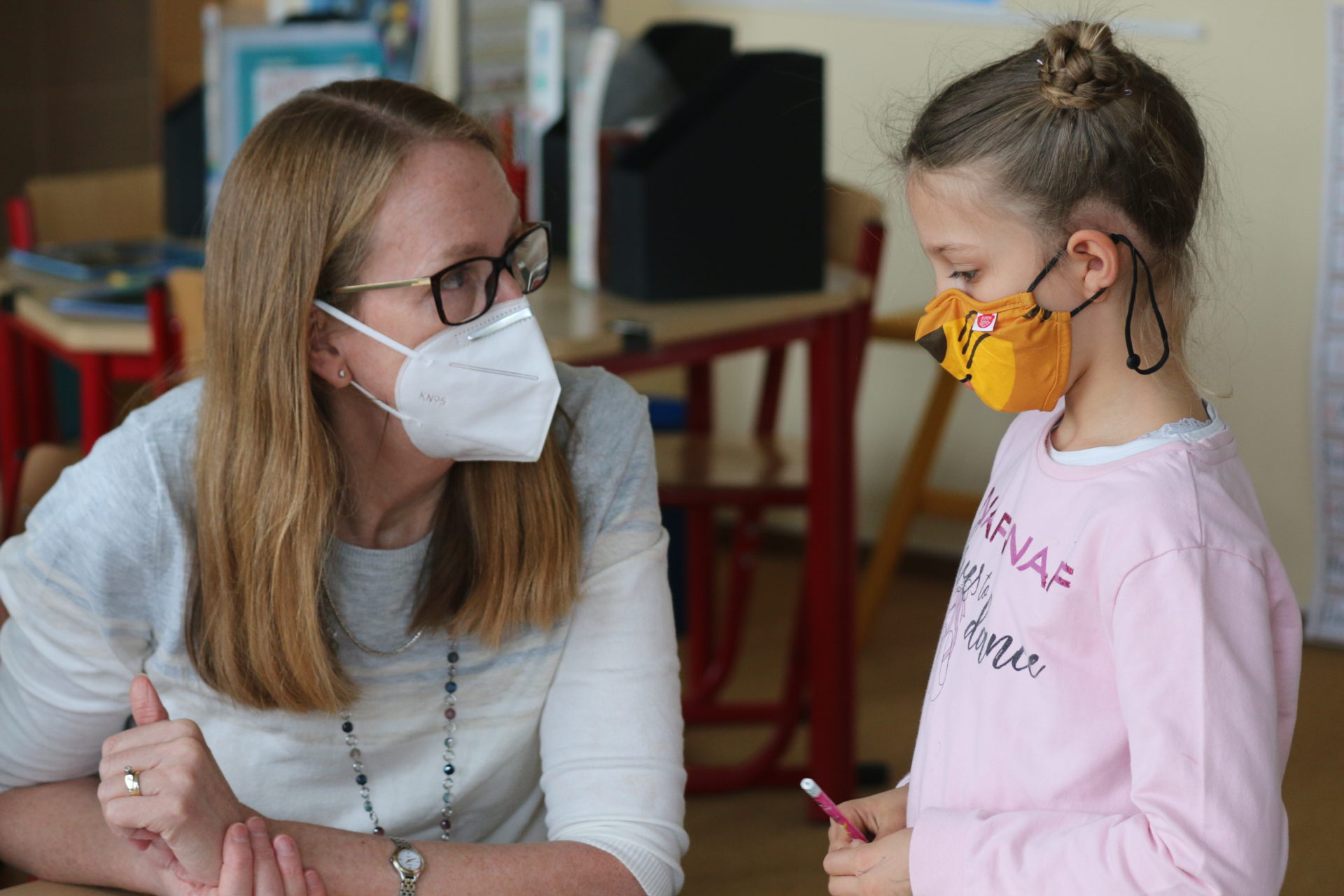
The International School of Prague is extremely fortunate to have Ms. Kathy Zabinski (left), a literacy, pedagogical, and thinking expert, as our ISP ES Literacy Coach. She works with all of our teachers and teaching assistants from Early Childhood to Grade 5, focused on maximizing student learning and progress in literacy. (Read the Learning Story about Ms. Zabinski’s work with teachers.)
This year our Early Childhood Foundations’ teachers have engaged in a professional inquiry exploring the relationship between oral language, reading and writing. Working with renowned early literacy experts, Matt Glover and Kathy Collins, and collaborating with international school teachers around the world, we are studying how students tell stories.
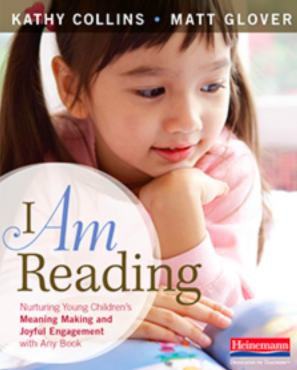
Matt Glover is an international literacy consultant who frequently speaks on topics related to nurturing writers of all ages, early reading, and supporting children’s intellectual development. Kathy Collins has worked closely with the Teachers College Reading and Writing Project at Columbia University. She presents at conferences and works in schools all over the world to support teachers in developing high-quality, effective literacy instruction in the elementary school grades. Matt and Kathy are authors of many books about early literacy development and co-authored I Am Reading: Nurturing Young Children’s Meaning Making and Joyful Engagement with Any Book .
As Matt and Kathy write, “When we can notice and name how children are composing language in one area, we can use that knowledge to support how they compose language in another area.” For example, if we notice a child making connections across pages and using that to say more about each page in her writing, we can then ask her to try this when reading.
Our professional inquiry with Matt and Kathy is focused on different aspects of language use, including the quantity of language produced, sentence complexity, and experimenting with language. We observe children closely and reflect on what we are noticing, how this might inform instruction, and the ways in which this matters for children’s learning.
Each month we have been able to meet together virtually with Matt and Kathy, and our colleagues from other international schools to discuss what we are noticing. Together we are working to develop a framework for intentionally using one area of language development to help children progress in another area.
As our professional inquiry progresses, we continue to observe and think about students’ use of language. This very act of looking closely at our students and discussing our observations enriches our teaching practices on an ongoing basis.
Not only is our team of teachers in ISP’s Early Childhood Foundations program already highly experienced in nurturing early literacy development, they are playing a key role in developing pedagogy that will improve literacy learning around the world. ISP’s Early Childhood Foundations program is exceptional precisely because our team of educators continues to grow the expertise to better support the children’s learning.
Curious about the Elementary and Early Childhood Foundations at the International School of Prague? Join our Virtual Open Days – Register here.
To encourage broader participation, ISP will introduce significant reductions to the fee structure for 3 and 4 year-olds next school year. #inspire #engage #empower
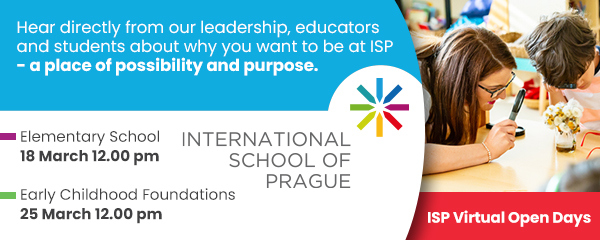
Kathy Zabinski, Literacy Coach at International School of Prague:
A graduate of Stanford University with a degree in cross-cultural psychology, Kathy went on to earn a Masters in Reading. For the past 25+ years, she has worked in international schools in six different countries around the world. As a literacy leader, Kathy plans and implements opportunities for teacher development, collaborating with teachers and teaching assistants with a focus on student learning. At the heart of Kathy’s practice as a Literacy Coach is the belief that “for classrooms to be places of learning for students, schools must be cultures of thinking for teachers” (Project Zero, Harvard University). This results in an ongoing refinement of teaching practices as colleagues teach and learn together.
